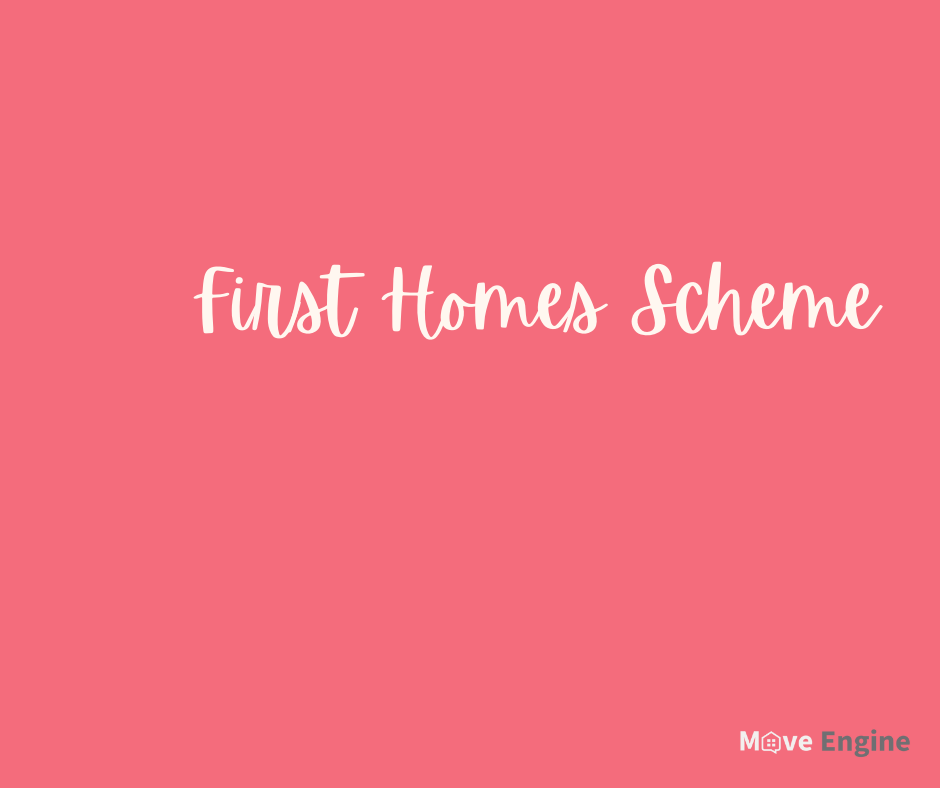If you are a first-time buyer, a keyworker or on a lower income and struggling to get on the property ladder, then the government has launched a brand new scheme to help you.
First Homes is part of the government’s pledge to build one million new affordable and attractive homes to help put homeownership within reach for everyday people across the country.
Too many people struggle to buy their first home where they live and work. Even though many work in essential roles in our communities. Many are priced out of the market and have no choice but to stay in rented or to move away.
Finally, the government has recognised the need to step in and help them get onto the property ladder and benefit from the security of home ownership.
The First Homes Scheme is designed to make homeownership affordable for local first-time buyers.
It launched in the East Midlands at the start of June 2021 and is rolling out across England now, with 1,500 new build homes to be available this autumn and more to follow.
How does it work?
The First Homes Scheme enables you to buy a brand new property, below its market price in your local area.
Local authorities are responsible for setting the discount, which is a minimum of 30%, but in some areas it could be as much as 40 or 50%.
Importantly, the property you wish to buy must be priced at £250,000 or less (£420k in London) after the discount is applied.
For example:
The house you want to buy is valued at £300,000
Your First Homes discount is 30%
You pay £210,000
Saving you £90,000 on the market price.
Sounds great right? But there’s more.
A cheaper purchase price means your deposit will be smaller; so you might be able to buy even sooner than you thought!
For example:
A 5% deposit on a house that costs £300,000 is £15,000
A 5% deposit on a house that costs £210,000 is £10,500
Do I qualify for the scheme?
It’s up to local authorities to decide who qualifies as ‘local’, but the good news is that in many places, keyworkers are expected to top the list. So, if you work for the NHS, police, fire service or are local retail staff or delivery drivers this scheme might be for you.
To be eligible you must also:
- Be a first-time buyer
- Never have owned any property
- Have a maximum income of £80,000 or less (£90k in London)
- Have saved a minimum 5% deposit
- Need a mortgage to cover at least 50% of the purchase price.
How do I apply?
To apply, you will need to check whether property developers are including First Homes as part of their development. If they are, you must qualify through the eligibility criteria and apply through the developer.
What about getting a mortgage?
Major high street lenders, including Halifax and Nationwide, have already announced their support for the scheme with high loan-to-value mortgages, alongside building societies Darlington, Chorley, Leeds, Mansfield and Newcastle.
Your mortgage is probably the biggest financial commitment you will make. So, it’s essential to understand all the financial implications involved, especially if you plan to use a scheme to help you get on the property ladder. If you’re unsure about anything, the best thing to do is speak to a mortgage adviser.
How many homes will be available?
The government has asked property developers to ring-fence 25% of all new homes they build for the First Homes Scheme.
1,500 homes are expected to be available in the autumn of 2021. With a further 60,000 homes expected to be built across England and Wales by 2030.
What other important things should I know before choosing this scheme?
It’s easy to get caught up in the excitement of buying your first home. But it’s also important to think ahead too.
Some of the key drawbacks with this scheme are when you come to sell or move on. They might not be that obvious at first. These could affect your future plans and ability to move up the property ladder.
To give you a better idea, make sure you consider these potential downsides to the scheme including:
- Your discount must be passed on when you come to sell the property. For example, if you bought your home with a 30% discount on the market value, your buyer must also receive a 30% discount on your property’s market value when you sell. Your buyer must also qualify for the First Homes scheme – just like you did.
- The discount and the property price cap, means you are unlikely to make a large profit on your property even if prices were to rise a lot as you only own a smaller amount of the property and the price caps could limit how much you can sell for.
Because of this, one long term option to consider is once you can afford to, you might sell up and make a ‘sideways move’ to another home that is not part of the scheme. This would be so that you can benefit from 100% of any future house price rises and not have any price caps to worry about.
- When you come to sell, the number of potential buyers for your home might be smaller and selling could take longer. This is because you will need to find a buyer that is eligible for the scheme (like you were).
However, it could work in your favour too; it could be that demand is high from eligible buyers who are struggling to buy and want to take advantage of the scheme so you sell quickly – we just don’t know yet.
Ultimately, none of us know what the property market has in store and whether prices are going to continue to rise or not. You will have to decide how much you care about these potential downsides and go in with your eyes open.
Summary
The First Homes Scheme follows on from the government-backed 95% mortgage guarantee scheme, which helps first-time buyers secure a mortgage with just a 5% deposit. Since UK house prices rose by 8.9% in the year leading up to April 2021, these schemes are providing much needed help to those who are struggling to find a way to buy their own home.
For many first-time buyers, the opportunity to buy an affordable home will outweigh the possible downsides. Especially if they can now buy in an area that they have previously been priced out of.
The governments ‘Own Your Home’ campaign showcases the range of flexible home ownership options available to first-time buyers, but if you need more support check out the other articles on our blog or get in touch.
If you find this scheme works for you and is available in your area it is a good idea to get mortgage advice so that you know what is possible for you. We can recommend a good broker through our mortgage adviser matching service to help you if you need it.







